Future Mercedes EV Aiming for Supercar Acceleration
Mercedes-Benz revealed its next-generation electric car platform, which will follow Tesla’s lead on battery placement and high-powered torque.
The German automaker held a tech briefing this week at its headquarters in Stuttgart, Germany, to explain its “multi-model vehicle architecture.” It will be previewed as a concept vehicle at the Paris Auto Show in late September, but isn’t scheduled to roll out as a production version until later in the decade.
While it’s been assumed that the first of these new Mercedes electric cars would be an SUV similar to the GLC, it may be a sporty sedan, according to what Motor Authority has been hearing. It could be similar to the next-generation CLS, and may look like the Intelligent Aerodynamic Automobile concept unveiled at the 2015 Frankfurt Auto Show.
The new platform follows Tesla’s lead on placing a flat battery in the vehicle floor to maximize interior space and a low center of gravity. It will be joined by an electric motor at either axle, which will enable all-wheel drive. The design is “multi-modal” enough to offer various body styles. It’s expected to be versatile enough to bring out four new electric models – two sedans and two SUVs.
SEE ALSO: Mercedes Set to Debut All-Electric SUV Concept in October
Like the Tesla Model S and Model X, it is expected to have acceleration similar to supercars. That comes from the low-end torque of electric motors, which make Tesla models even more attractive to car shoppers. One Mercedes executive at the tech brief described the next-gen electric cars as being capable of off-the-line acceleration on par with Mercedes-AMG cars.
Mercedes says that it will be producing its own batteries through fellow Daimler subsidiary Deutsche Accumotive. That Daimler division already offers home energy storage in some markets, and is currently expanding its factory in preparation for the new electric cars.
Mercedes is going with lithium-ion batteries initially but is also exploring next-generation battery solutions, which the company calls “post-lithium-ion systems.” Mercedes says that lithium-sulphur could be the choice since it has the potential to double the energy density of a similarly sized lithium-ion battery while halving the cost.
This story first appeared on HybridCars.com
More by Jon LeSage



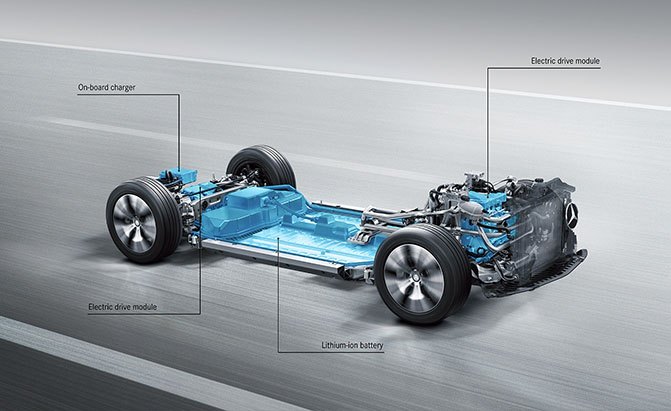










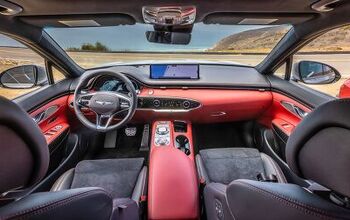
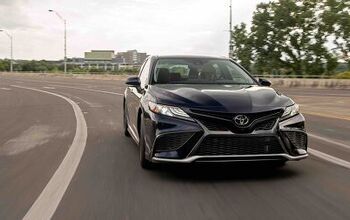

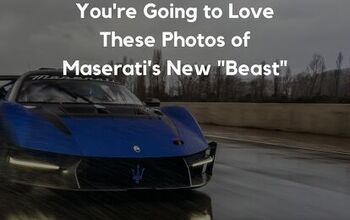
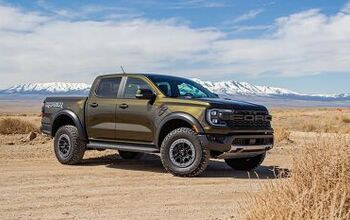
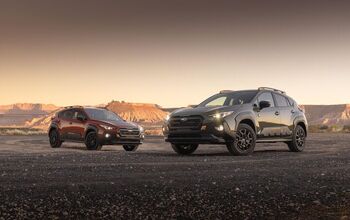
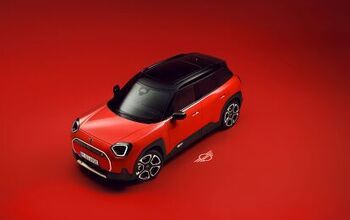
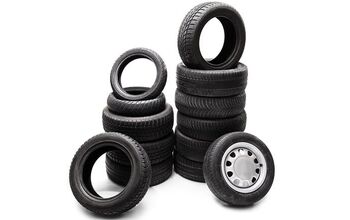
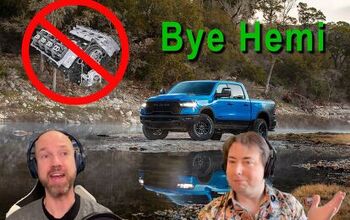
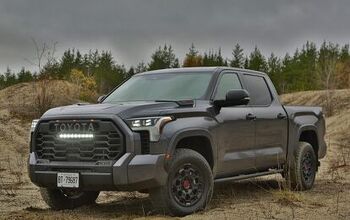
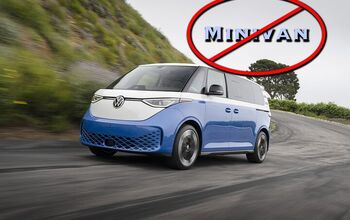
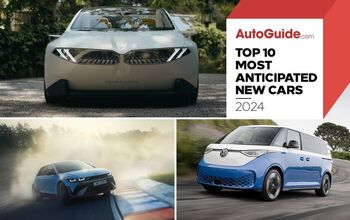
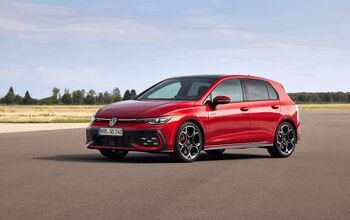
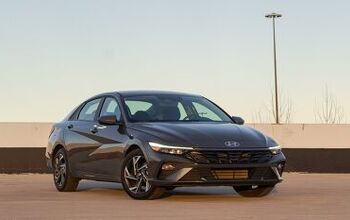
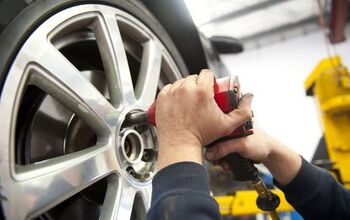
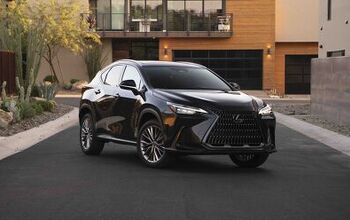
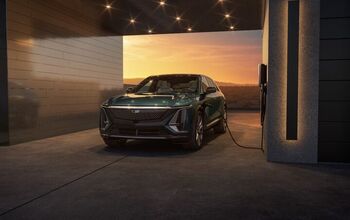
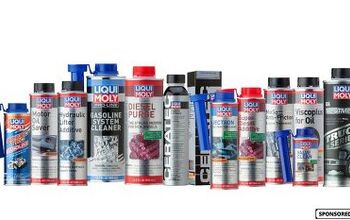
Comments
Join the conversation